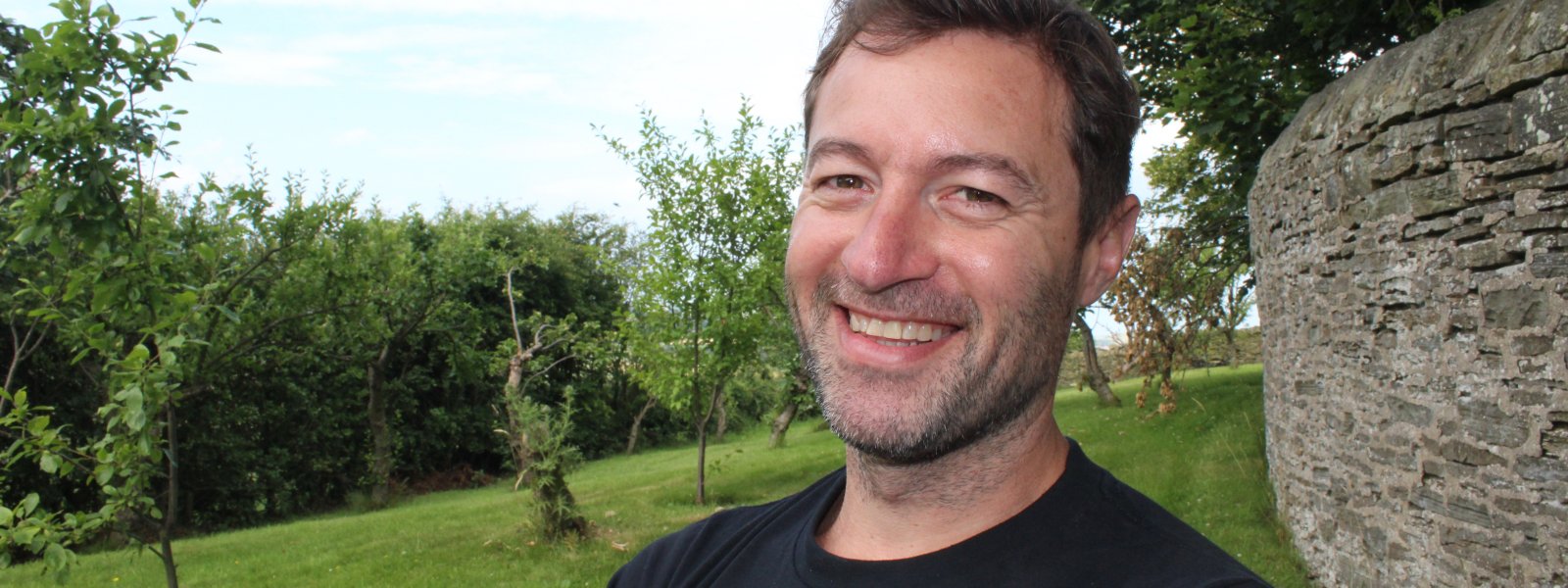“I realised the only way I’d be happy was to confront the illness head on”
As theatre manager for a hospital cardiac unit, David Stott from Preston was used to being around patients, but unprepared to become one himself. David explains how his PH diagnosis triggered depression – and why he’s coming out of it stronger.
“I was always an active person, but in 2012, following a lay-off from a sporting injury, I started to try and run again and I couldn’t run 50 metres without feeling like my chest was caving in. I couldn’t walk upstairs and talk at the same time and because I was quite fit, I noticed quite quickly that something was wrong.
I went to see my GP thinking it was asthma or hay fever, but was surprised to be referred to hospital for echocardiograms and CT scans. When I was told my heart was enlarged due to significant pressures in my lungs, and I had idiopathic PAH, it all went hazy.
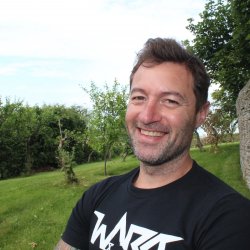
I did what any 21st century boy would do and I asked Dr Google.
David Stott
I had never heard of pulmonary hypertension and there was little information in the hospital I was in, so I did what any 21st century boy would do and I asked Dr Google. And that’s when it all went black.
Feeling breathless on exertion was the only symptom I had prior to being diagnosed. But after being diagnosed, I fell into a depression and was having chest pains and palpitations which screwed my nights up. I’d just sit every night watching films over and over. It later turned out to be nothing more than heartburn reflux (a common side effect of the drugs I was given) which yet another tablet would resolve – but it goes to show that not every bump and ache would be due to my heart.
After I was diagnosed, I was too scared to move. For months, I counted and limited every step and breath as if it was my last and let myself be overcome by a black shadow. I’d dream that I was having cardiac episodes or dying and they were so vivid that I would scream in my sleep. I really feel bad for how little I spoke to my wife and kids, although I do know that I was battling depression.
I have since sought counselling and emotional support due to the condition. I took very little time off after diagnosis, and then bottled everything up and compensated with activity and work to keep my mind busy. But after a while, I identified that I needed help, as I was becoming anxious and very stressed. Again, this was pushing me away from my family and friends.
Although I was still able to exercise, I had not looked after my emotional wellbeing in the same way. It was offered immediately after diagnosis, but at the time, someone telling me to ‘focus on the now’ was a very difficult mindset to have when I thought I had only days or months to live.
I slowly picked myself up and started to go back to work, first two days a week, then three, then four. I eventually started going back to the gym again and have since completed charity runs.
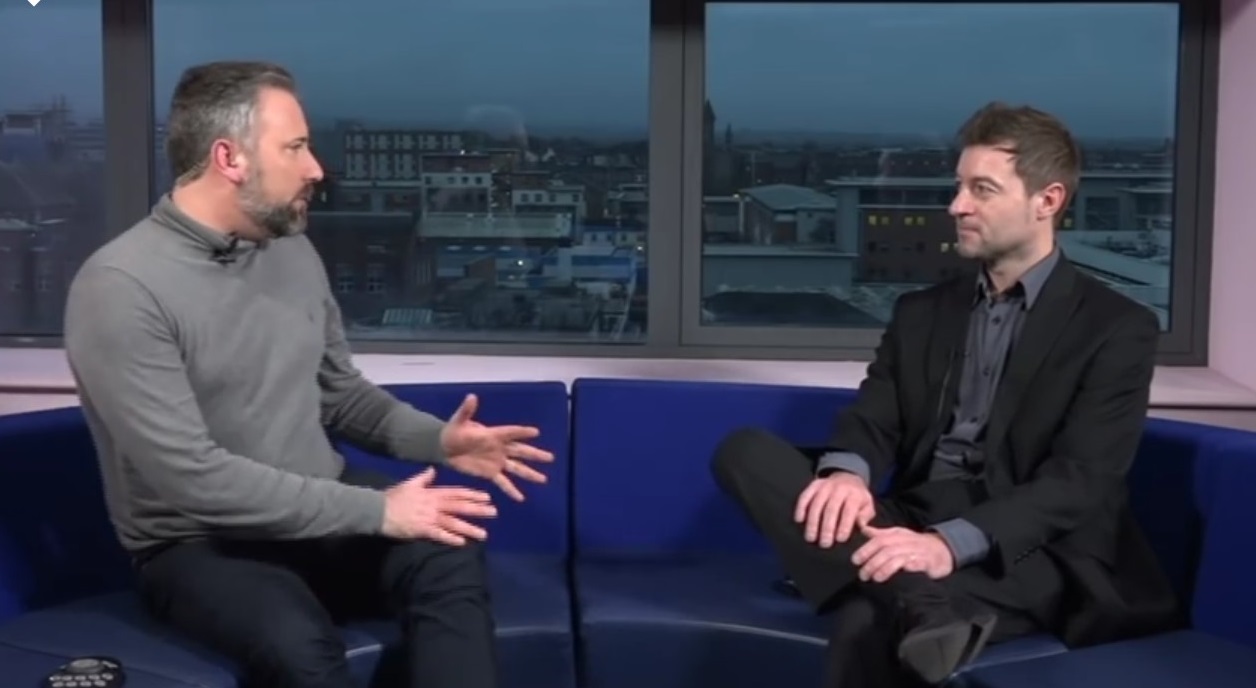
These days, the only real physical symptom I notice is not having the exercise capacity I once had. I find that I have great endurance, but no explosive exercise capacity. I don’t black out, but my body just tells me to stop.
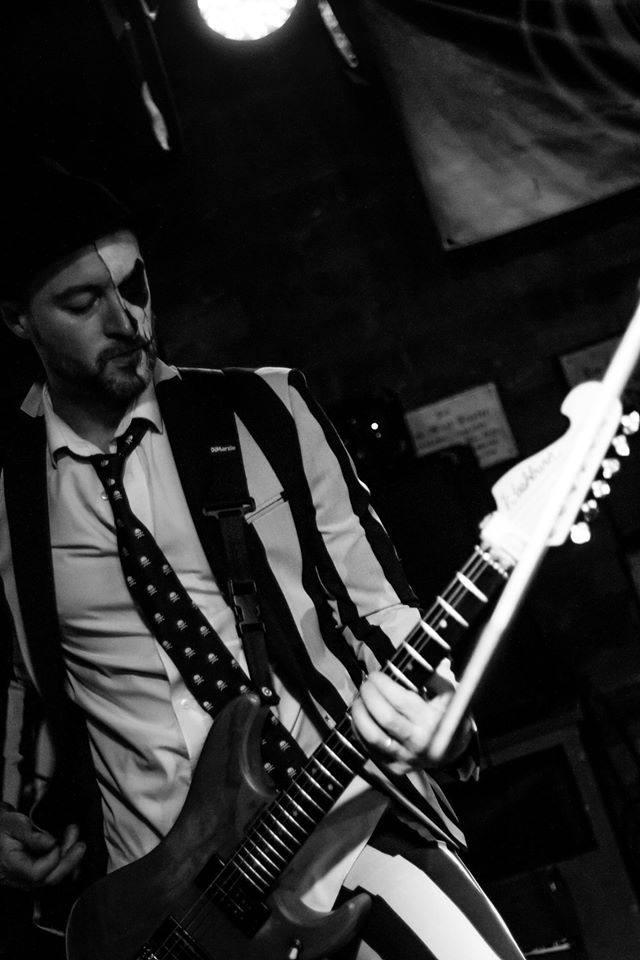
If anything, it is the mental strain that I have suffered from more than the physical symptoms. It’s a draining condition that, unless you look to get support for it, has the potential to drag you down.
I couldn’t have coped emotionally without my wife and four girls. When my daughter Lorien was born, seven months after I was diagnosed, she reminded me that life is never hopeless if you don’t lose hope. My children help me manage my condition by making me smile more than anything or anyone can – even when I don’t feel able to.
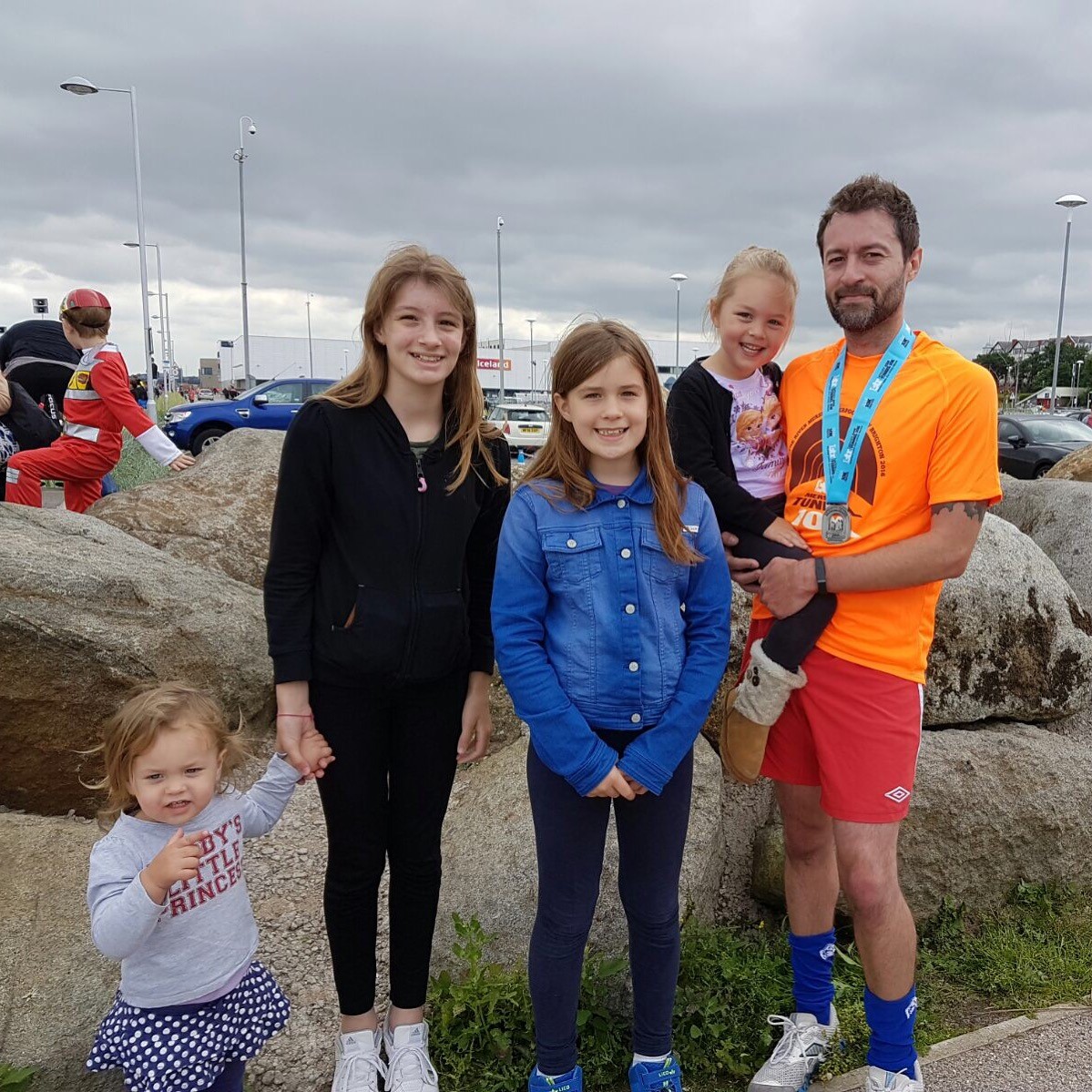
Being able to get physically active again really helped too. I realised the only way I’d be happy was to confront the illness head on – and I started waking up knowing I was fighting, and going to sleep ready to recharge.
That’s not to say I’m arrogant; this condition and the days after diagnosis still haunt me and the black cloud still lingers. I occasionally tear up and want to cry, and I know that I’m still hard to get talking and prefer to be out of crowds, but I’ve accepted this challenge.
I’m lucky that I don’t get out of breath or symptomatic, and I don’t need oxygen or many drugs, just 25mg Sildenafil, and Warfarin. I go to the gym three times a week for at least two hours at a time. I now do interval training and have pushed myself as hard as I ever had done.
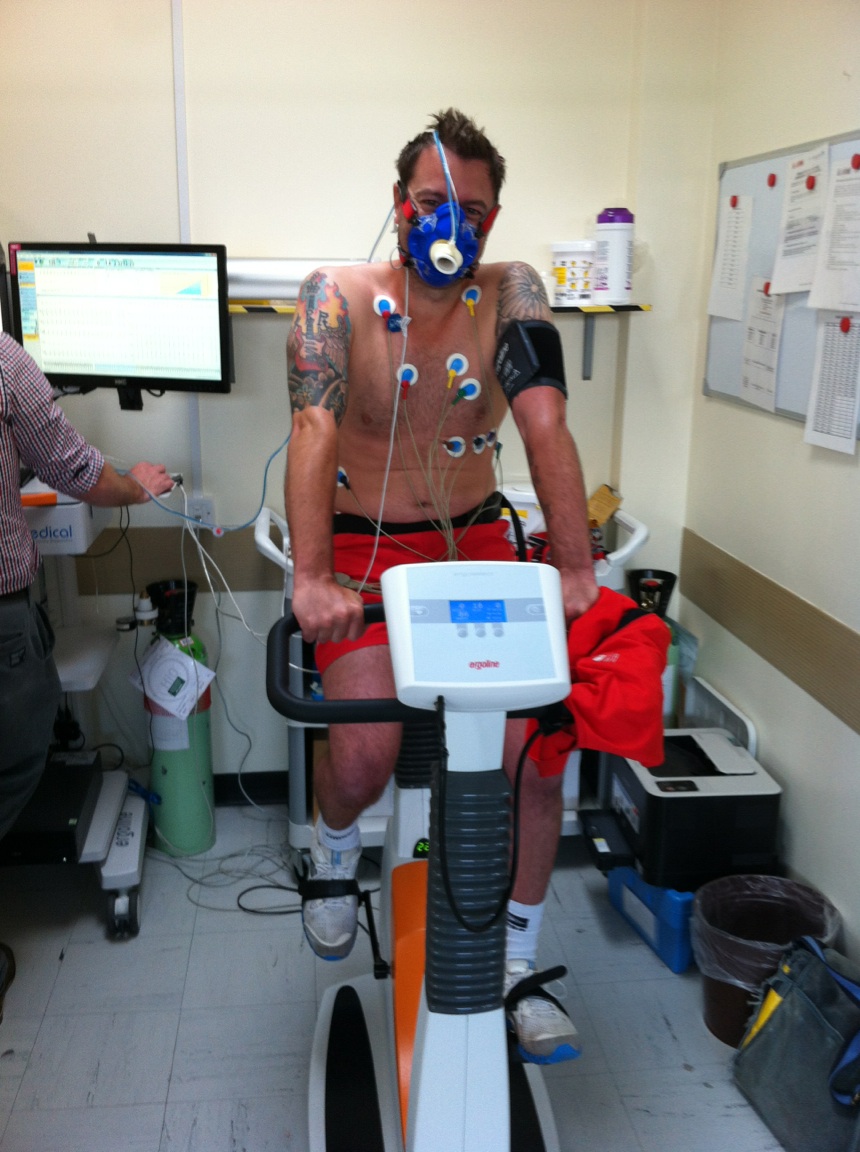
My consultants have called me remarkable and I have been discharged to yearly appointments at the Royal Hallamshire Hospital in Sheffield. So, all in all, I know PH is not the best thing to happen to me – but I’m still alive.”
